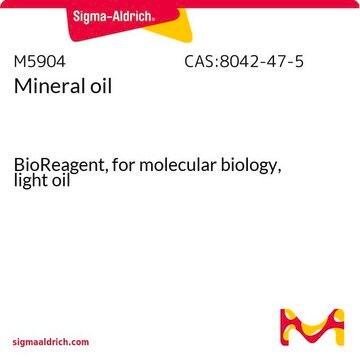Recommended Products
biological source
Jasminum grandiflorum L.
Quality Level
grade
FG
Halal
Kosher
reg. compliance
EU Regulation 1334/2008 & 178/2002
FDA 21 CFR 117
FDA 21 CFR 182.20
refractive index
n20/D 1.50 (lit.)
density
0.947 g/mL at 25 °C (lit.)
application(s)
flavors and fragrances
Documentation
see Safety & Documentation for available documents
food allergen
no known allergens
Organoleptic
jasmine
Looking for similar products? Visit Product Comparison Guide
Preparation Note
Storage Class Code
10 - Combustible liquids
WGK
WGK 3
Flash Point(F)
198.0 °F - closed cup
Flash Point(C)
92.2 °C - closed cup
Certificates of Analysis (COA)
Search for Certificates of Analysis (COA) by entering the products Lot/Batch Number. Lot and Batch Numbers can be found on a product’s label following the words ‘Lot’ or ‘Batch’.
Already Own This Product?
Find documentation for the products that you have recently purchased in the Document Library.
Our team of scientists has experience in all areas of research including Life Science, Material Science, Chemical Synthesis, Chromatography, Analytical and many others.
Contact Technical Service




